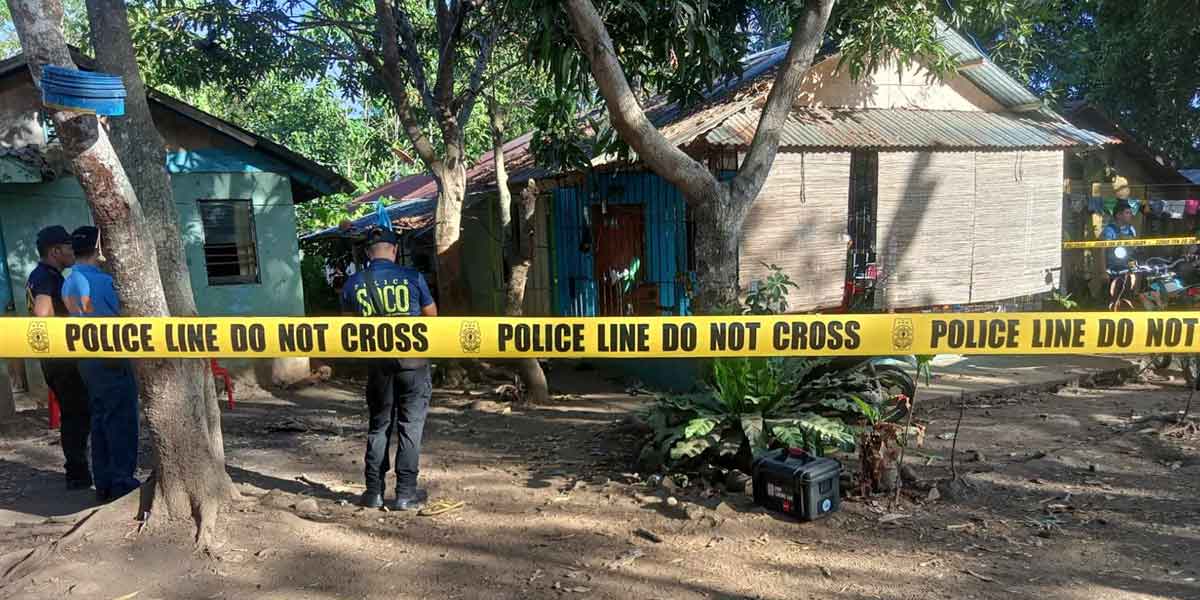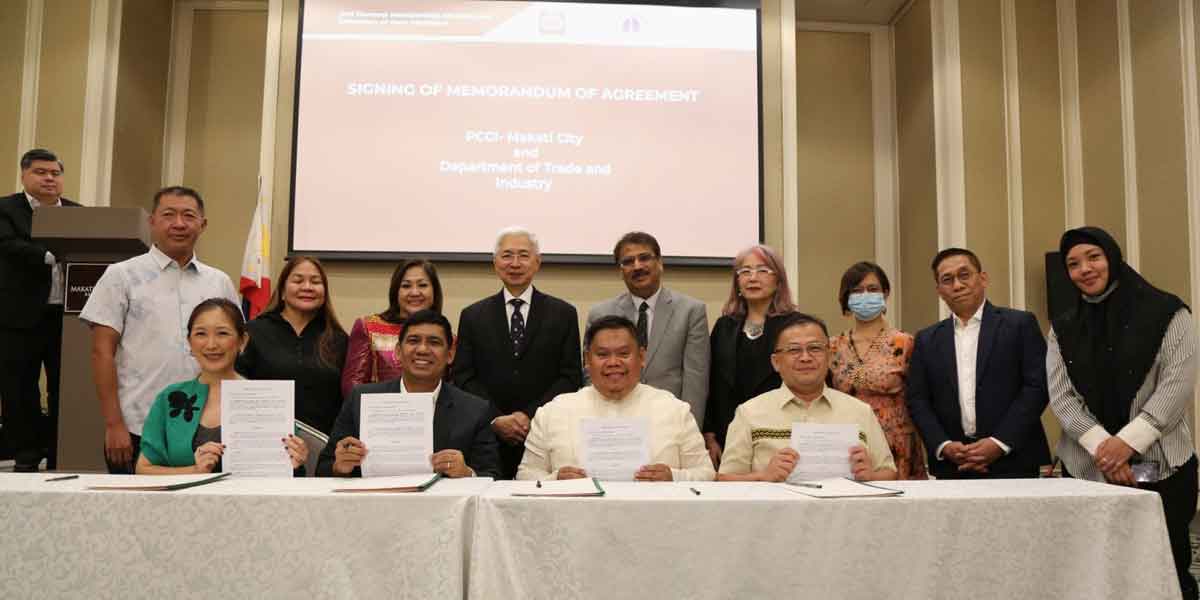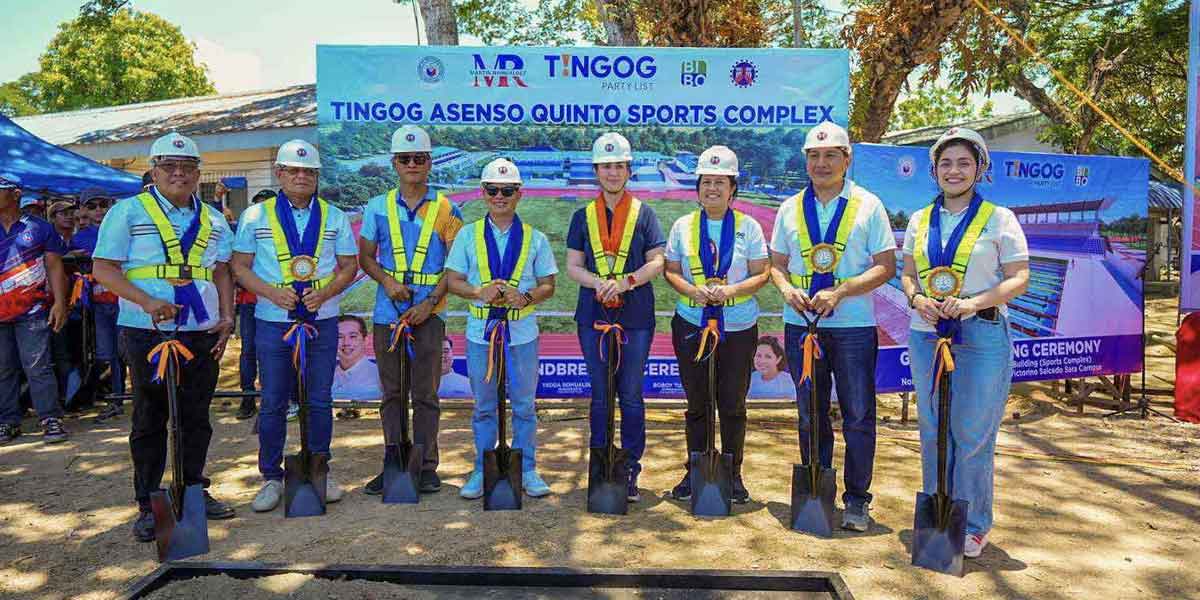
MANILA – A total of 78 overseas Filipino workers (OFWs) – 69 males and nine females – were newly reported diagnosed as human immunodeficiency virus (HIV)-positive in April, the ACTS-OFW Coalition of Organizations said on Friday.
“The new cases brought to 347 the number of OFWs newly reported diagnosed as HIV-positive from January to April, up 17 percent from the 296 recorded in the same four-month period in 2018,” ACTS-OFW chairman Aniceto Bertiz III said.
“All told, the cumulative number of OFWs found living with HIV has reached 6,602 since 1984, when the government first began passive surveillance of the virus,” Bertiz, a former congressman, said.
OFWs account for 10 percent of the aggregate 66,303 confirmed cases listed in the National HIV/AIDS Registry as of April, according to Bertiz.
The OFWs in the registry worked abroad within the past five years, either on land or at sea when they were diagnosed HIV-positive, Bertiz said.
The bulk of the OFWs in the registry were from Metro Manila (2,218 cases, or 32 percent); Calabarzon (1,148 cases, or 17 percent); and Central Luzon (772 cases, or 12 percent).
Of the 6,602 OFWs in the registry, 86 percent, or 5,704, were male with the median age of 32 years. Their ages ranged from 16 to 80 years upon diagnosis.
The 898 female OFWs in the registry had a median age of 34 years, with ages ranging from 20 to 73 upon diagnosis.
Of the male OFW cases, 72 percent were found infected via sexual contact among MSM, or men who have sex with men (2,404 from male-to-male sex and 1,719from sex with both males and females).
HIV causes AIDS, or the Acquired Immune Deficiency Syndrome, which destroys the human body’s natural ability to ward off all kinds of infections. The condition still does not have any known cure, but antiretroviral therapy has been known to help restrain the virus.
Bertiz said the government is expected to deliver improved support to the growing number of OFWs living with HIV, as mandated by the new AIDS Prevention and Control Law that took effect earlier this year.
Section 37 of the law compels the Overseas Workers Welfare Administration and the Department of Health, among other agencies, to establish a program that would provide stigma-free comprehensive reintegration, care, and support for OFWs with HIV, Bertiz said.
“Under the law, the economic, social and medical support is to be extended to all OFWs, regardless of employment status and stage in the migration process,” Bertiz said.
Section 17 of the law also requires all overseas-bound Filipino workers as well as Philippine government staff for foreign posting to undergo a seminar on the causes, manner of prevention, and impact of HIV and AIDS, prior to certification for deployment or assignment, Bertiz said.
“We must stress that the preventive education sessions are to be provided free of charge and at no cost to OFWs or to the staff concerned,” Bertiz said. (Photo courtesy of HRW.org)



















